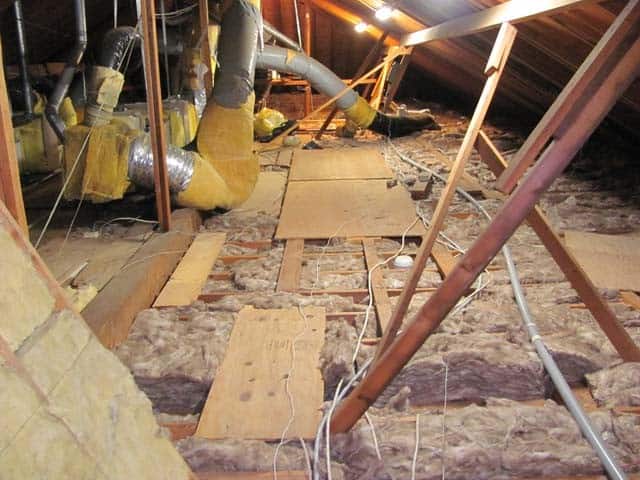The Benefits of a Well-Insulated Attic
Most people know, as homeowners, that they should probably insulate their attic, but what are the actual benefits of attic insulation? Most homeowners and contractors choose to insulate for multiple reasons, including the cost and energy savings. Below, we have listed some of the most talked-about potential attic-insulation benefits. Benefit #1: Cost Savings The vast […]
The Benefits of a Well-Insulated Attic Read More »
